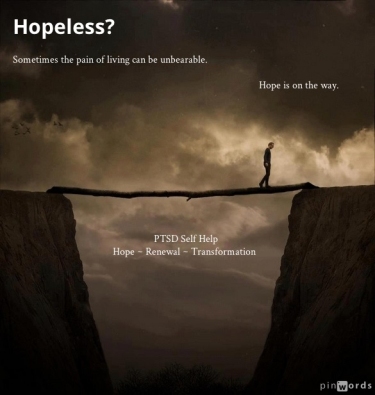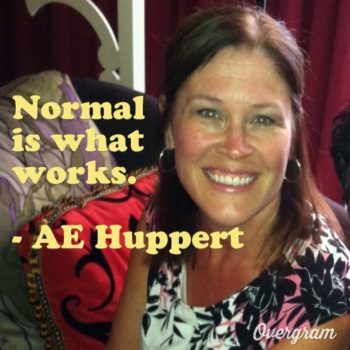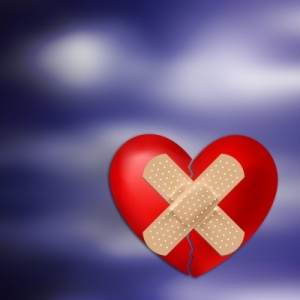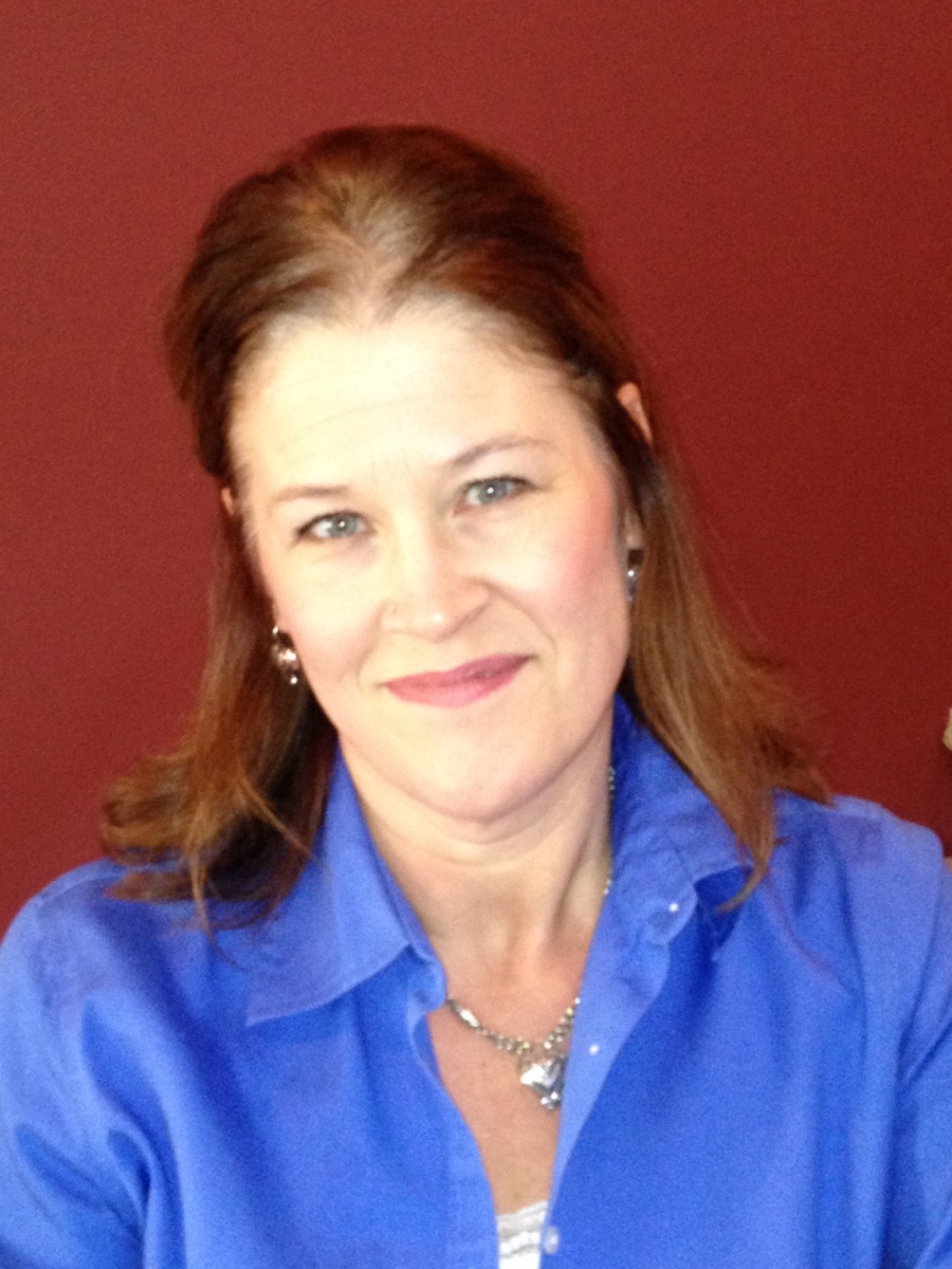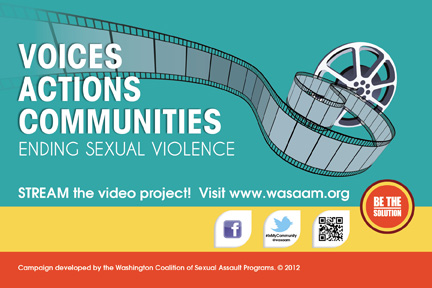
Stephen L. Gunderson
My Daddy
Daddy. That’s what I lovingly called him. Until I woke up.
He wasn’t the one, mind you. People who’ve only heard snippets of my story over the years privately wonder about that. Today, on Father’s Day, I’m making it official. I’m going on record to say in my long history of abuse, my wonderful father was never a part of any of it.
When I Woke Up, I Was 10, has been a labor of love, passion and pain for almost as long as my struggle with Post Traumatic Stress. As my memoir of sorts, the title attempts to capture the realities of how our world’s rape culture (especially here in the U.S.) suddenly dawns upon the innocence of childhood (especially for girls). It also hints at how traumatic experiences – from sexual abuse, cancer, war or any other horrible thing you can think of that human beings do to one another – can just as suddenly cause an awakening of the human spirit. What I didn’t anticipate was the clarity about my traumatic past writing When I Woke Up, I Was 10 would give me.
Here’s what happened, but by no means was this the beginning. I was 10 years old. My great aunt’s pedophile husband duped her into abandoning her plans to escort me on a one week trip to Puntzi Lake, Canada. Instead, he convinced her he was capable of the task; thus beginning my nightmare.
What were you doing the summer when you were 10?If you were like me (female in 1978), you were collecting Breyer horses, riding your ten speed or
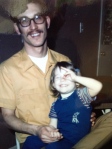
Always on my daddy’s lap…
banana seat bicycle and still enjoying a run through the sprinkler. I still called my father, daddy. When he returned home from a long day working at Puget Sound Naval Shipyard, I would run to greet him. His strong, lean arms encircling me in his protection. I shouldn’t have had to enjoy the grounding sense of security and protection his touch gave me “while it lasted.” At 10, I took it for granted. At 10, I woke up to the realities of a hard, harsh, uncaring breed of men that would haunt me well into my 30s.
Ten years old is too young to start calling your father, dad. But being jumped in to the scary, dark side of adult sexuality, made the burden of knowing things I shouldn’t about my daddy follow me around like a shadow. These frightening things a secret only to me, apparently. Certainly if my mother and great aunt knew this secret life of men, they wouldn’t have allowed me to go on that fateful trip, would they? That was the year something within me shifted. The only man I had really ever known or trusted became “Dad.”
As a 44 year old, independent woman, I still run to greet my daddy, despite what turned out to be not only two weeks of torture, but also 23 years of abuse at the hands of men. Ok, not much running going on at my age, but he’s the first stop I make. And guess what? I still feel an overwhelming sense of security and protection when I’m wrapped in his arms.
As a child, this confused me. At first, the aftereffects of sexual abuse threatened to instill fear of my daddy. As I found my way into being a woman, nearly every experience I had with men turned out poorly for me; from marrying them, befriending them, partnering with them in business, or giving them pastoral authority over my spiritual wellbeing. In the arms of my daddy, all this was turned upside down. Flying in the face of what my experience had taught me, the consistency of my daddy’s love gently wore away the pain.Over time, our deep and intense love for one another and our affectionate way of being together swept away that fear altogether.

Graduating from bible college together…
At 30, when I entered into my final, intense healing season (lasting three years), it was the consistency of how I felt with my daddy’s arms circled around me that gave me hope. A hope that somehow I could find my way out of a nightmare and back into the reality I had known before I woke up.
Now, almost 10 years living as a whole, healed and symptom free survivor, I relish the moments in his arms and think of him as daddy once more. I drink in the stable, unconditional security his sixty-seven years envelops me in every time we embrace. I grieve for the lost years, when I should have been able to enjoy security, instead of questioning. And, although he wasn’t able to protect me from what he didn’t know (or what was kept from him), on this side of healing, I’m grateful for his generosity, fairness and quiet strength.
How can one truly know the sheer joy of safety in another’s arms unless that safety has been violated?
You gave that joy and safety to me daddy. I love you with all of my heart, my soul, my very being.
Happy Father’s Day 🙂
